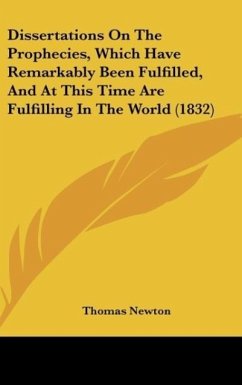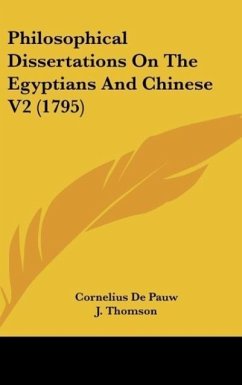1867. John Stuart Mill is one of the foremost representatives of utilitarian thought as well as one of the most influential of nineteenth century liberals. Influenced by his wife, Harriet Taylor, Mill developed a very humane version of utilitarianism that was sympathetic to women's rights, labor unions, proportional representation, and other liberal themes. A collection of Mill's essays, this is Volume I of III. Contents: The Right and Wrong of State Interference with Corporation and Church Prosperity; The Currency Juggle; A Few Observations on the French Revolution; Thoughts on Poetry and Its Varieties; Professor Sedgwick's Discourse on the Studies of the University of Cambridge; Civilization; Aphorisms: A Fragment; Armand Carrel; a Prophecy; Writings of Alfred De Vigny; Bentham; and Coleridge. See the many other works by this author available from Kessinger Publishing. Volume 2 ISBN 0766188760, Volume 3 ISBN 0766188779.
Hinweis: Dieser Artikel kann nur an eine deutsche Lieferadresse ausgeliefert werden.
Hinweis: Dieser Artikel kann nur an eine deutsche Lieferadresse ausgeliefert werden.








